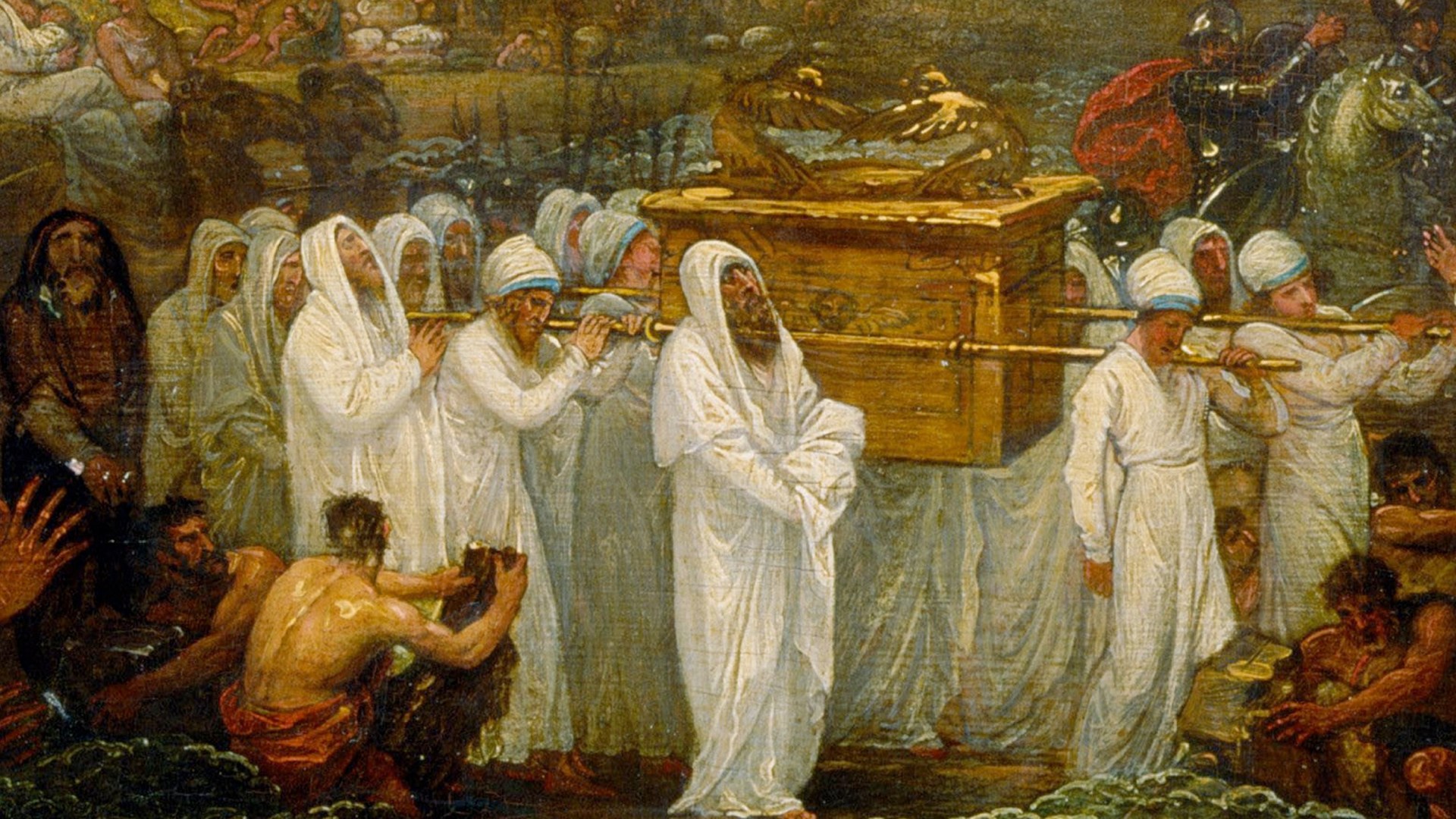When it came time, after retaking the ark of the covenant from the Philistines, to return it to Jerusalem, the Israelites set it on a cart. A deadly mistake that would cost a man his life. According to the law, the ark was to be carried on the shoulders of the Levites with poles. But instead of referring to God’s Word for how to handle God’s stuff, the people took their cues from the Philistines.
Upon reaching the threshing floor, the oxen forgot its legs and started to dip near the ground. The ark—that precious symbol of God’s holy, holy, holy presence—started tilting over.
As it did, a man named Uzzah extended his hand to grab the ark and prevent it from touching the ground, and “The Lord’s anger burned against Uzzah because of his irreverent act; therefore God struck him down, and he died there beside the ark of God” (2 Sam. 6:7).
We feel sorry for Uzzah, don’t we? From our perspective, he was simply a man with good intentions. He was just trying to help, we say. Yet Uzzah had sinned against God.
Maybe he thought he was holy enough to touch something he shouldn’t. Maybe the ark, having resided in his father’s home for two decades, had become too common, an ornament of sorts. In any event, his loss of awe, paired with his failure to do as God’s law prescribed, necessitated God’s justice. As R. C. Sproul once observed, “Uzzah assumed that his hand was less polluted than the earth.”
Whenever God judges like this, we’re tempted to react like David, who was angry “because the Lord’s wrath had broken out against Uzzah” (2 Sam. 6:8). How can the same God praised for his kindness seem so cruel?
Since God is transcendent and thus incomparable, his wrath is nothing like the anger we know by experience. God isn’t stirred to wrath because his ego is bruised. Nor is he a sadist, taking pleasure in our pain. No, this wrath, in the words of Scottish theologian John Murray, is the “holy revulsion of God’s being against that which is a contradiction to his holiness.” If he were to overlook even the smallest offense, he would no longer be holy.
We sympathize with the likes of Uzzah because we have a ridiculously low view of sin and a mediocre grasp of God’s holiness. He is without spot, wrinkle, or blemish. By contrast, our sin is offensive, abominable, demonic, unrighteous, lawless. So God must judge. He must bring down his sword on the guilty. (2 Sam. 24:16–17; 1 Chron. 21:16).
But here’s the question that should be asked but rarely is: If God must judge, then why are we still alive? Haven’t we eaten a fruit God told us not to? Haven’t we approached God’s holy law with something less than reverence? Yet here we are, still under the sun. A grace given to those who deserve nothing but wrath.
Adapted from Holier Than Thou: How God’s Holiness Helps Us Trust Him, by Jackie Hill Perry (B&H).











